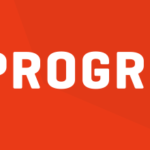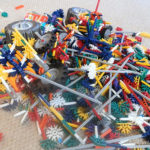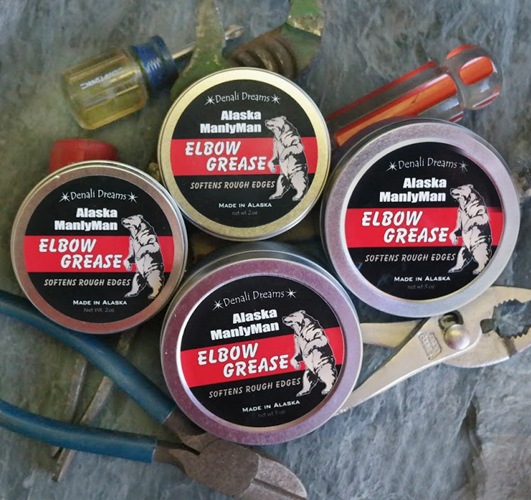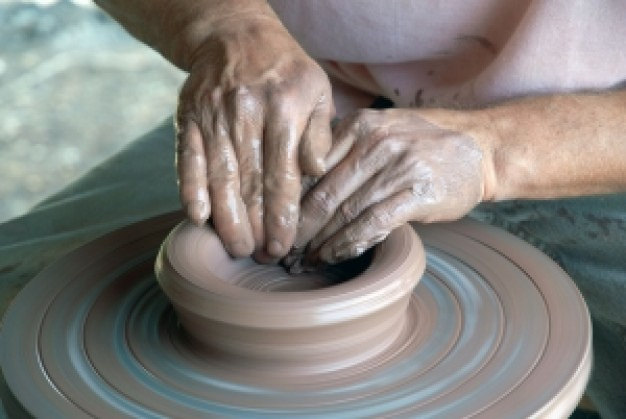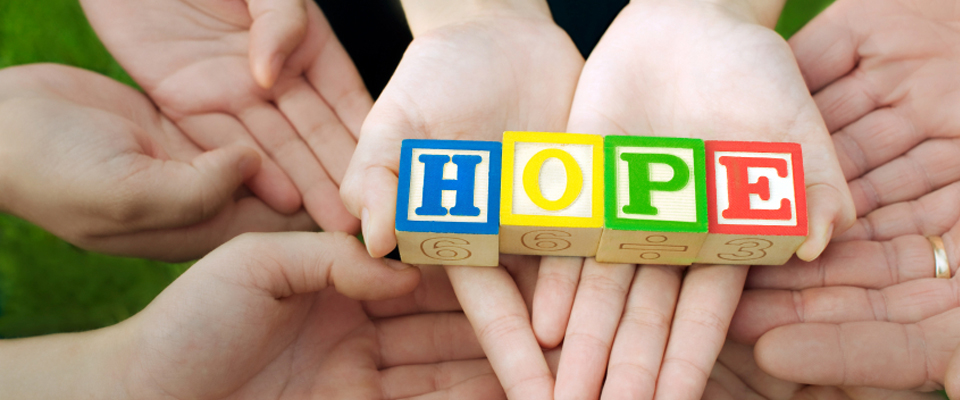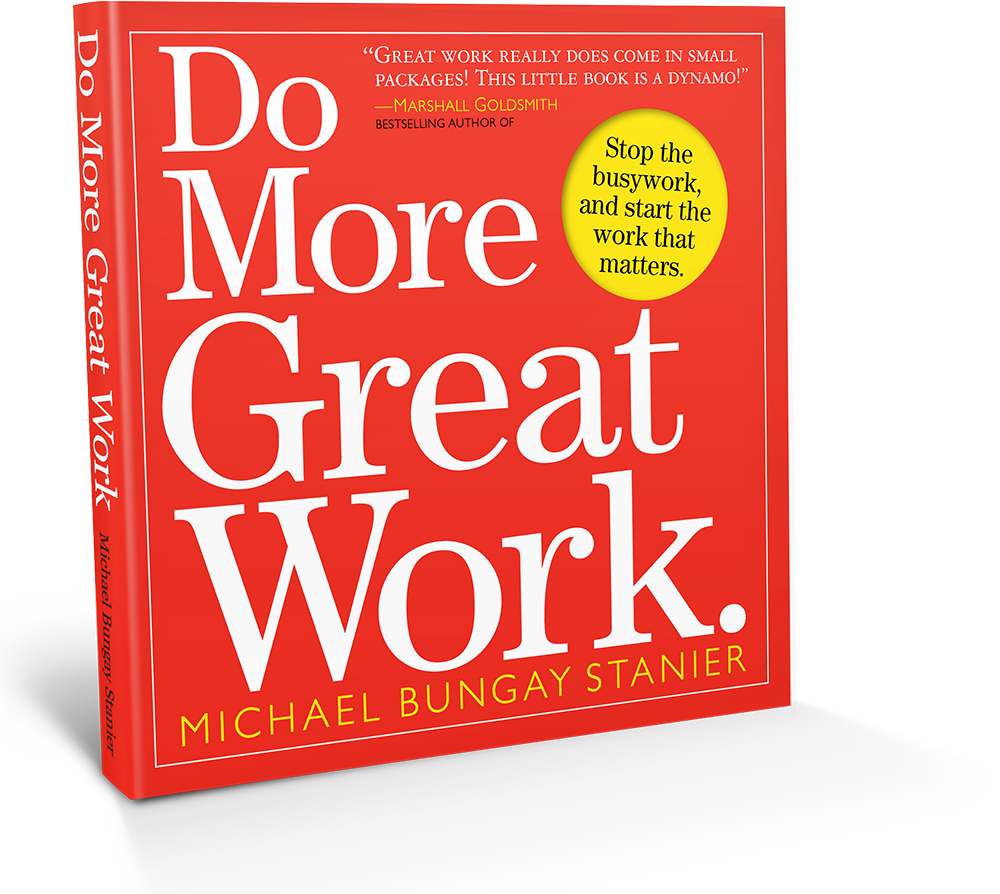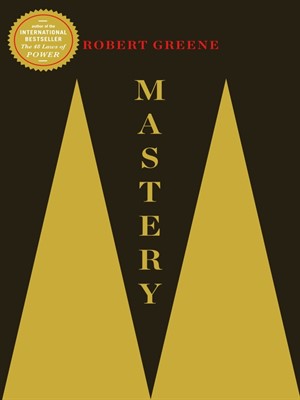“As a cure for worrying, work is better than whiskey.”
—Thomas Edison
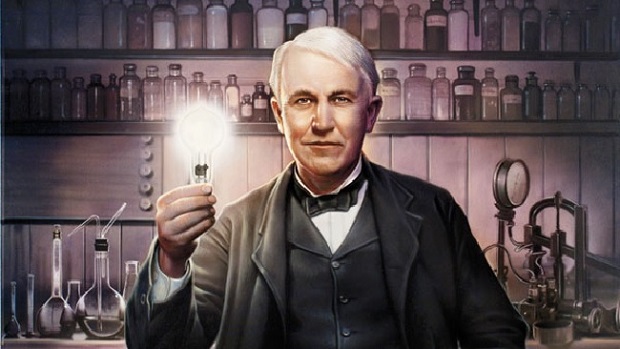
Image from lichtstudiohelden
Someone once told me that worry is like running on a treadmill. You get all worked up but don’t actually get anywhere.
With that in mind, consider the thought, “Action eliminates fear.”
Unfortunately, in these challenging days, all too many people are turning to the “whiskeys” of our times for temporary relief or escape from their difficulties, often with considerable consequences.
Using the treadmill metaphor, we can still improve our mood and lighten our loads by shedding a few pounds to lead a happier and healthier life.
EXERCISE:
What other forms of work, professionally or personally, could be just the tonic you need to reduce or eliminate your current worries?
